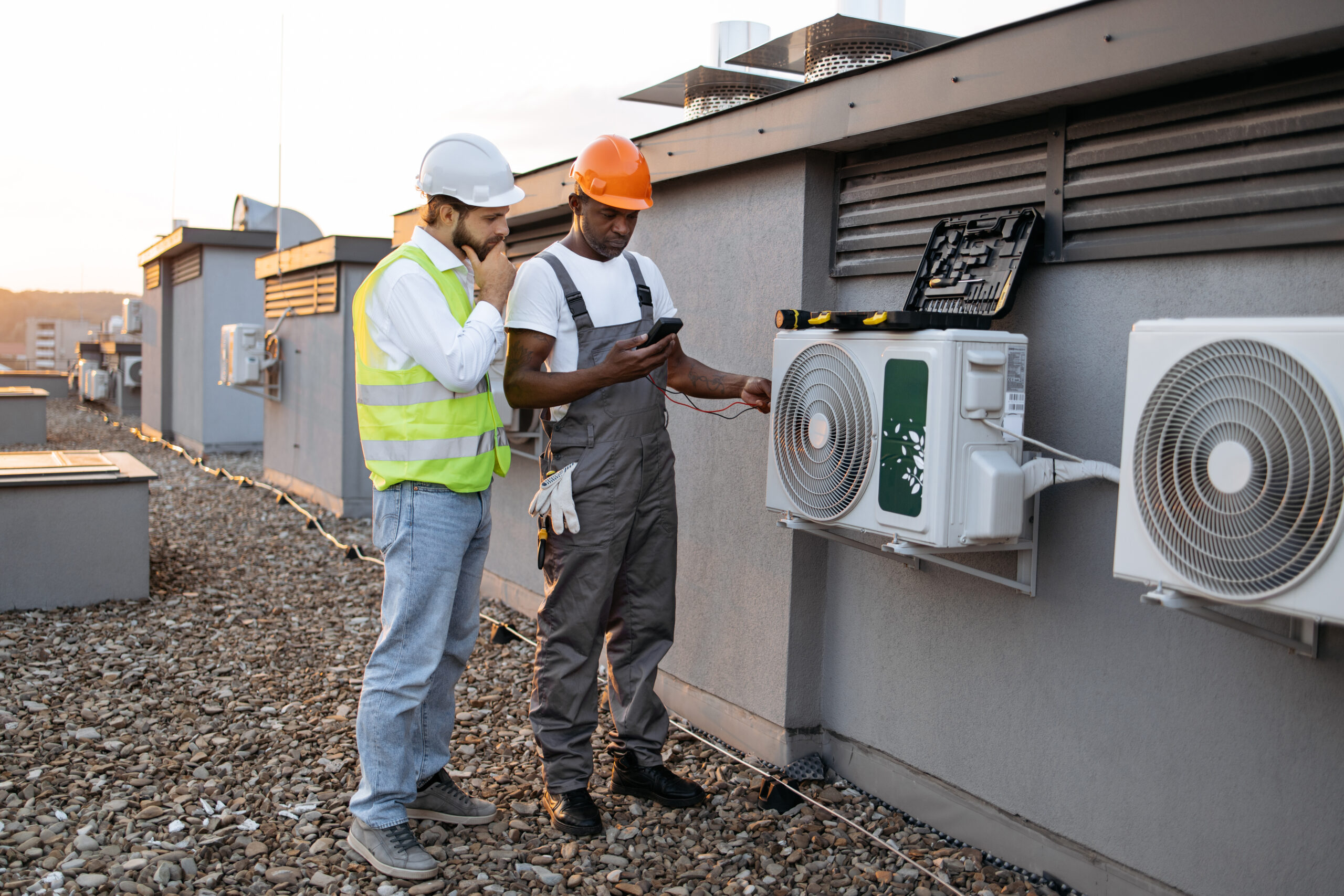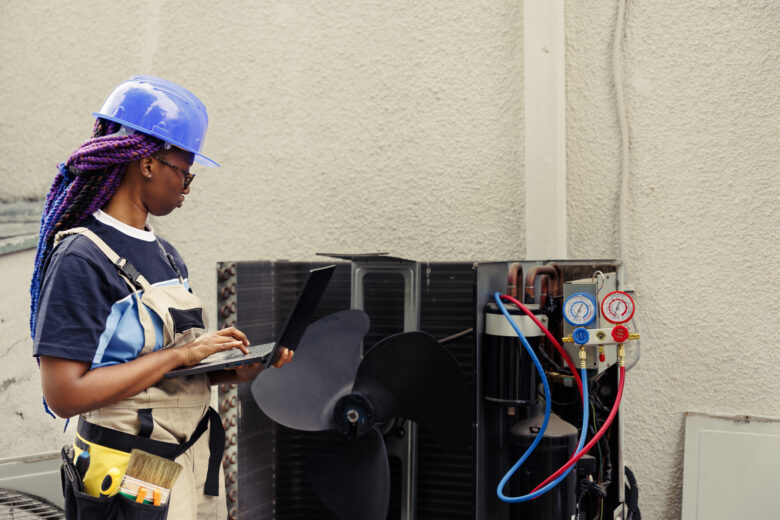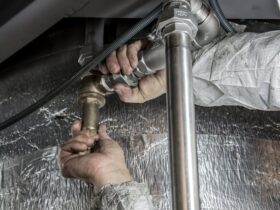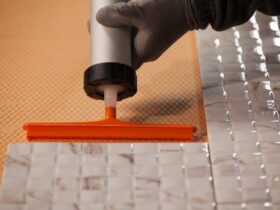Building or buying a home takes a lot of sweat, hard work, and, not to mention, money. However, with time and daily usage, our homes experience wear and tear, leading to last minute calls to a Daytona emergency plumber or plumbers in other areas and hefty repair costs. That’s why homeowners must practice the art of “maintenance” so that their homes stay in tip-top shape for years.
Just think of your home maintenance as an investment bank; it’ll not only keep you and your family comfortable, but it will also help you raise the value and aesthetics of your home. More importantly, you won’t have to shell out cash for repairs.
Home maintenance is an ongoing task for every homeowner. From cleaning gutters to checking HVAC systems, there’s always something that needs attention. This article provides eight essential home maintenance tips that can help you keep your home in top shape. However, when it comes to pest issues, it’s often best to call in the professionals. Pest Control San Antonio offers expert services to ensure your home remains a safe and comfortable space for you and your family.
1. Take care of your walls
Exterior wall degradation can result in drafts, mildew, mold, and roof damage. Avoid having greenery touch your walls and trim, and watch for cracked, peeling, or blistered paint. Your facade repairs could cost you up to $1,000 if you decide to DIY them. Even though it isn’t inexpensive, it is reasonable compared to the many thousand dollars you might spend on water damage restoration, siding replacement, or energy waste costs brought on by drafts.
2. Check your roof
Electrical shorts, mold, rot, and mildew can all become major issues if leakage or humidity are left unattended. So, every six months, check the condition of your roof to ensure everything is intact.
If you feel your roof is in a dilapidated condition, minor repairs won’t be of any use. So, opting for roof replacement would be better.
3. Keep tabs on your HVAC system
HVAC (heating, ventilation, and air conditioning) mainly refers to these house equipment. A basic HVAC system consists of components for ventilation and temperature control in the room. Your HVAC system is responsible for a sizeable chunk of monthly electrical costs. Summer and winter are the two seasons of the year when your bill will often increase.
There are techniques to reduce electricity use, even at the busiest times of the year. Regularly maintaining your HVAC system will prove highly beneficial. Additionally, following seasonal HVAC maintenance tips can help you stay ahead of issues and ensure optimal performance.
You can spend more money on a new system if you persistently put off having your HVAC equipment maintained by a qualified specialist. Therefore, frequent maintenance will not only result in decreased electricity usage but also prevent significant technical issues with your HVAC system in the future.

4. Take care of the plumbing
Two different systems are present in a plumbing structure. Your home receives freshwater from one system. The pipes carry water to the upstairs, kitchen, bathroom, and other areas of the home that require it. Conversely, a different plumbing system will remove the sewage from your home. Every home’s plumbing system operates in the same way. It also needs routine maintenance to prevent any major damage in the future.
Because you haven’t noticed any issues with the water pipes, you can choose to disregard them. You might believe it to be in excellent condition and working perfectly. However, if a pipe in your basement bursts unexpectedly one day, you might be startled. If you go downstairs to the basement, you won’t be able to view it directly because it is a plumbing system component. As a result, your entire basement has been flooded, causing mayhem in your home.
Now, you need a skilled plumber’s assistance to fix it. An unexpected water pipe rupture is a common issue in every home. Still, it’s a simple repair. So, don’t wait for major issues to appear at the worst possible time.
5. Check the dryer and washer
Your dryer and washer are most likely hidden away in a garage, closet, or basement. Most homeowners keep these devices hidden and don’t give them much thought, even though they are necessary for daily life. They are also noisy and difficult to integrate into most house decor.
However, suppose your washer develops a leak or your dryer accumulates a lot of lint. In that scenario, you may need to pay for expensive repairs like water or fire damage. You may reduce these expenditures and make fixes before the problem worsens by frequently clearing the lint buildup in your dryer and examining the washer machine for leaks. Even if you frequently check your dryer, putting smoke alarms close to your laundry area is a good idea.
6. Take action now to prevent summer pests
Insects and pests that move or go dormant throughout the winter resurface in the spring. Examine the external walls of your house, deck, fence, and other outdoor buildings for cracks or other openings. To keep insects from moving in during the summer, seal any openings.
Remove any standing water from your yard since it will attract mosquitoes. Use a water wiggler device or larvicide if you have a birdbath or other attractive landscape feature with water to stop mosquitoes from breeding there. If you’re struggling with these pests, you should consider contacting mosquito control services to maintain a pest-free summer.
7. Spring-clean the exterior of your home
Conduct a brief inspection of the exterior of your home as spring approaches. Look for any spots on the external walls where mold or mildew may grow. Then, gently scrub your home’s exterior to remove any filth, mildew, or grime that may have amassed there throughout the winter. Moreover, check your foundation thoroughly to ensure no cracks or other problems need fixing.
8. Wipe your windows regularly
Freshly cleaned windows and spring cleaning go hand in hand. Use a glass cleaner or a mix of equal parts water and white vinegar to wash the exterior and interior of your windows. Check the window frame for leaks or cracks as you wash your windows. If required, check the caulk and replace it. You might need to replace the window if condensation starts to gather on it. Make sure your window screens are ready so you can benefit from the warmer spring days.
With warm, soapy water, clean every window. When you are ready to use the screens, install them.
Conclusion
Although performing routine home maintenance isn’t the most thrilling thing in the world, it can ensure that all components of your house continue to operate properly for many years to come. Awareness of issues as soon as they emerge is a helpful first step, and taking care of them immediately will prevent further trouble. Most importantly, do not be reluctant to ask for assistance when necessary; keep in mind that hiring a professional is always an alternative if you feel overwhelmed.














Great post! These 8 tips are a smart way to stay ahead of potential problems and save money on future home repairs.
To keep pests away, also don’t pile excessive mulch around your home. The mulch typically used around homes is often a soft wood like pine and is the subterranean termites favorite food. If you stack firewood up against your home, you might as well leave out a welcome mat for the termites. And don’t leave old tree stumps in your landscape. Dead trees are desirable to termites, almost as much as your house, and can serve as a launch pad for an attack on your home.
These home maintenance tips are fantastic! It’s always good to stay on top of regular home maintenance tasks to keep everything running smoothly. Thanks to the author for sharing these helpful tips and reminders. Time to get to work and keep my home in great shape!